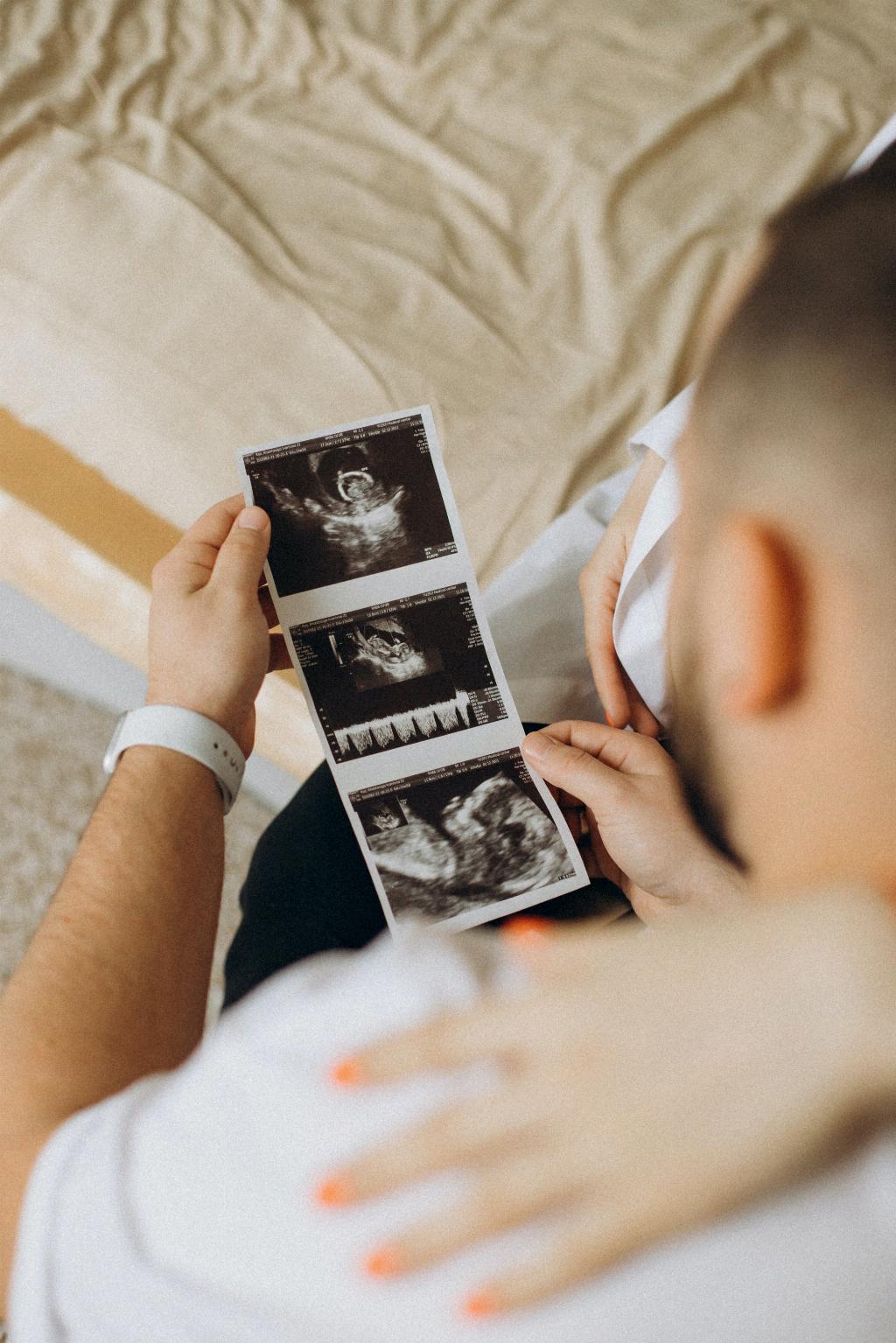When it comes to pregnancy, there are many factors to consider for the health and safety of both the mother and the baby. One such factor that often goes unnoticed is the potential risk of toxoplasmosis, a parasitic infection that can have serious consequences for pregnant women and their unborn children.
The Role of Cats in Toxoplasmosis Transmission
Cats, cute and cuddly as they may be, play a crucial role in the transmission of toxoplasmosis. They can become infected with the parasite Toxoplasma gondii by consuming contaminated rodents, birds, or other small animals. Once infected, cats can shed millions of parasite eggs in their feces for weeks, posing a significant risk to humans, especially pregnant women.
The Risks of Toxoplasmosis During Pregnancy
For pregnant women, contracting toxoplasmosis can have severe consequences. The parasite can be transmitted to the unborn baby through the placenta, potentially leading to a condition known as congenital toxoplasmosis. This can result in a range of serious complications, including neurological damage, vision problems, and even miscarriage or stillbirth.
Preventive Measures for Pregnant Women
Given the risks associated with toxoplasmosis during pregnancy, it is important for expectant mothers to take precautions to avoid exposure to the parasite. One key preventive measure is to avoid contact with cat feces, which means refraining from cleaning the litter box or handling soil that may be contaminated with cat feces.
Other Ways to Minimize Risk
In addition to avoiding direct contact with cat feces, pregnant women can take other steps to minimize their risk of toxoplasmosis. This includes washing hands thoroughly after handling raw meat or gardening, cooking food to safe temperatures, and avoiding consuming unpasteurized dairy products.
Importance of Routine Testing
Given the potential consequences of toxoplasmosis during pregnancy, healthcare providers often recommend routine testing for the infection. This can help identify any cases of toxoplasmosis early on and ensure prompt treatment to minimize the risk of complications for both the mother and the baby.
Support and Education for Expectant Mothers
For pregnant women concerned about toxoplasmosis and its risks, it is important to seek support and education from healthcare providers. They can provide guidance on preventive measures, testing options, and overall care during pregnancy to reduce the likelihood of exposure to the parasite.
Understanding the Potential Impact
While it may seem like a minor concern, toxoplasmosis during pregnancy can have significant consequences. By understanding the potential impact of the infection and taking appropriate precautions, expectant mothers can protect themselves and their unborn children from harm.
Conclusion
In conclusion, the risk of toxoplasmosis is a real concern for pregnant women, and avoidance of cats during pregnancy is a necessary precaution to prevent exposure to the parasite. By being informed, proactive, and seeking guidance from healthcare providers, expectant mothers can minimize the risks and ensure a healthy pregnancy for themselves and their babies.

